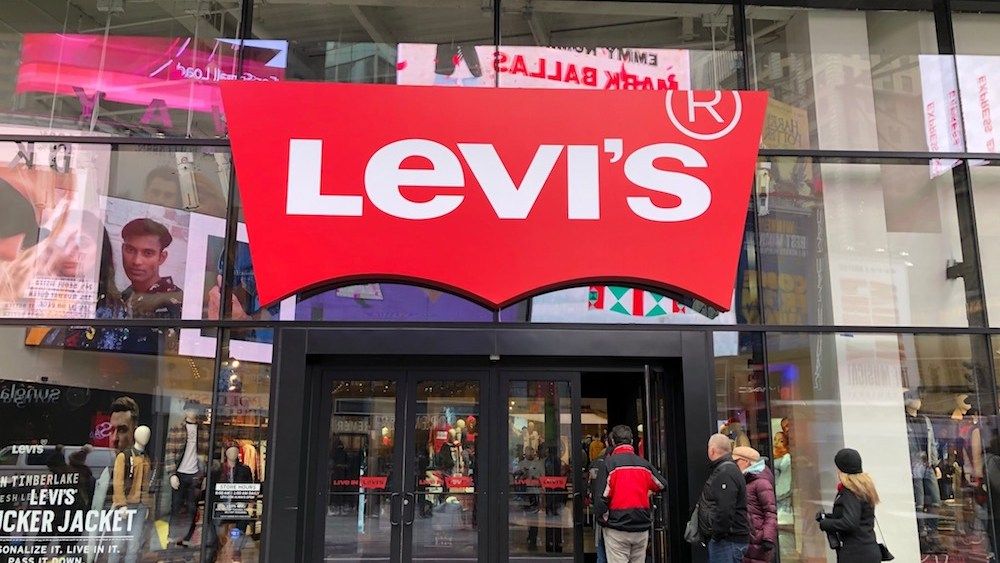Sales: How to nurture the lifeblood of business
Lots of companies value attributes that do not necessarily include sales.

Years ago I took my very first trip to the Big Apple...New York City.
I was 23 and had only ever seen the city through the images fed to us at the time on TV and what I had imagined it to be in my 'mind's eye'.
It was the late 90s and I couldn't have been more overjoyed to be finally walking the streets of the iconic city.
One of the very first things I did on the very first day of exploring, was to wander into the enormous Levis Store just off 5th Avenue, at that time it was on Manhatten's Eastside.

I wanted to see what all the fuss was about. I wanted to experience the magnitude of 'retail done excellently' and the sights and sounds of a world-beating, curated brand.
The minute I walked into the store - I was warmly greeted by a tall, dreadlocked, friendly salesman called Josh.
From the get-go he had me sussed out.
"Where you from?", he enquired. "What blows your hair back?", he asked.
It felt like I was being taken around the store by my own personal tour guide.
He was relaxed, confident, knew what it was that he was selling and really seemed to have my best interests at heart.
In the 45-minutes that I was in the store, I was shown jeans and sweat shirts that worked for me...and was strongly advised to avoid other styles that just 'didn't seem to be my vibe' - as Josh put it.
Not really being able to afford it, I still walked out of the store having spoilt myself with three, brand-new items of Levis clothing.
It was clearly a memorable shopping experience and one that still puts a wry smile on my face. I can't remember too many more like it and because of that I've often tried to dissect exactly what it was about that experience that made it so unforgettable.
On reflection, what this experience taught me about sales in general is the following:
- Sales and marketing need to work seamlessly together: Marketing is about lead generation - sales converts those leads into revenue; the two must work hand-in-hand to be effective. Too often businesses undervalue lead generation or don't focus on building an integrated system that converts prospects at critical moments. There is little point in having a strong brand without developing the capacity to convert potential customers. The Levis experience demonstrated how a strong brand became better with an engaged sales representative.
- Aim to build a relationship: Sales happen best when trust is established between two people. When I did work with Yuppiechef back in the very beginning of e-commerce in South Africa; our primary intention was focused on building trust in a service provider that nobody had heard of and didn't have a physical store to stop in at. Trust was built by establishing 'a certain human-ness' at every brand touchpoint. Not everyone who became a fan of the brand bought something straight away, but once trust had been established - many became loyal customers over the long-term.
- Sales is the business: For many start-ups, 'sales' is a dirty word. It's often seen as a thing you do reluctantly at the end of the business process. But the Levis store example demonstrates that sales must be a designed and curated part of the business that adds a significant amount of value to the experience; otherwise you're running a showroom or a tourist attraction that will have a limited lifespan.
- It's the CEOs job to sell: What I've learnt since is that sales is so important that it has to be something that is led by the CEO. Unless the head of the company is leading the charge when it comes to signing up new fans of the brand through sales, it's always going to be left to finding one-in-a-million sales unicorns like Josh (who are, as the name suggests...rare).
Lots of companies value attributes that do not necessarily include sales.
Other companies only care about sales, but at the expense of building their long-term capabilities to deliver even more value in the future through innovation.
The trick is hitting the sweet spot in the middle where you recognise the necessity of both.

